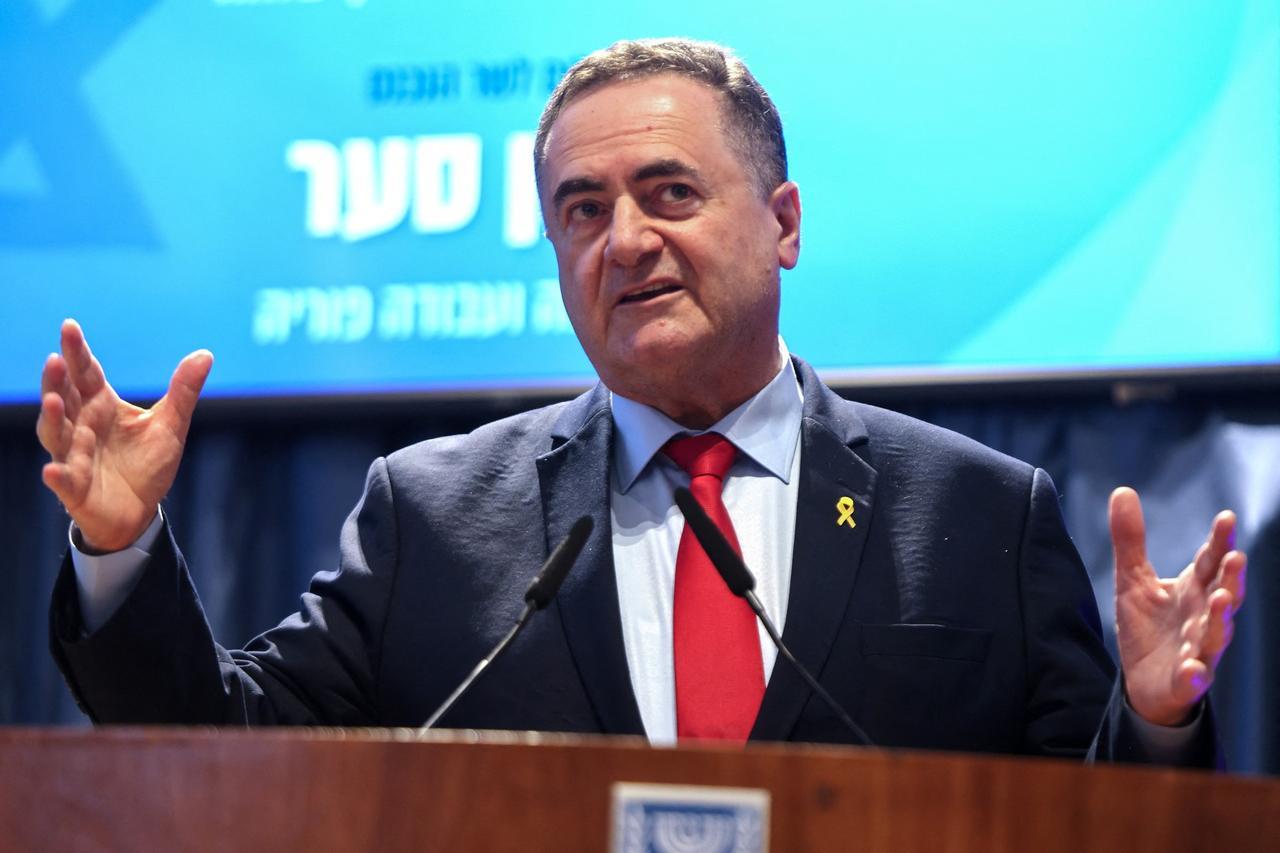
Israeli Defense Minister Israel Katz threatened Thursday to eliminate Iran's Supreme Leader Ali Khamenei following the latest Iranian missile attacks on Israeli cities.
Speaking to reporters in Holon near Tel Aviv, which was targeted in Iran's morning retaliation strike, Katz called Khamenei "the modern Hitler."
"A dictator like Khamenei, who leads Iran and has made the destruction of Israel his banner, cannot continue to exist," Katz said in a statement carried by the Israeli Yedioth Ahronoth newspaper. "Such a person is forbidden to exist. Preventing his existence is one of the operation's objectives," Katz added.
Katz's threat came hours after approximately 20-30 Iranian missiles targeted Israel's central cities, including Tel Aviv, Ramat Gan, and Holon, as well as Soroka Hospital in the southern city of Beersheba.
More than 80 Israelis were injured in the attack, according to Israeli authorities.
Iran's state news agency IRNA claimed the missiles targeted the headquarters of the Israeli army and intelligence service near Soroka Hospital and that the blast wave caused injuries at the facility.
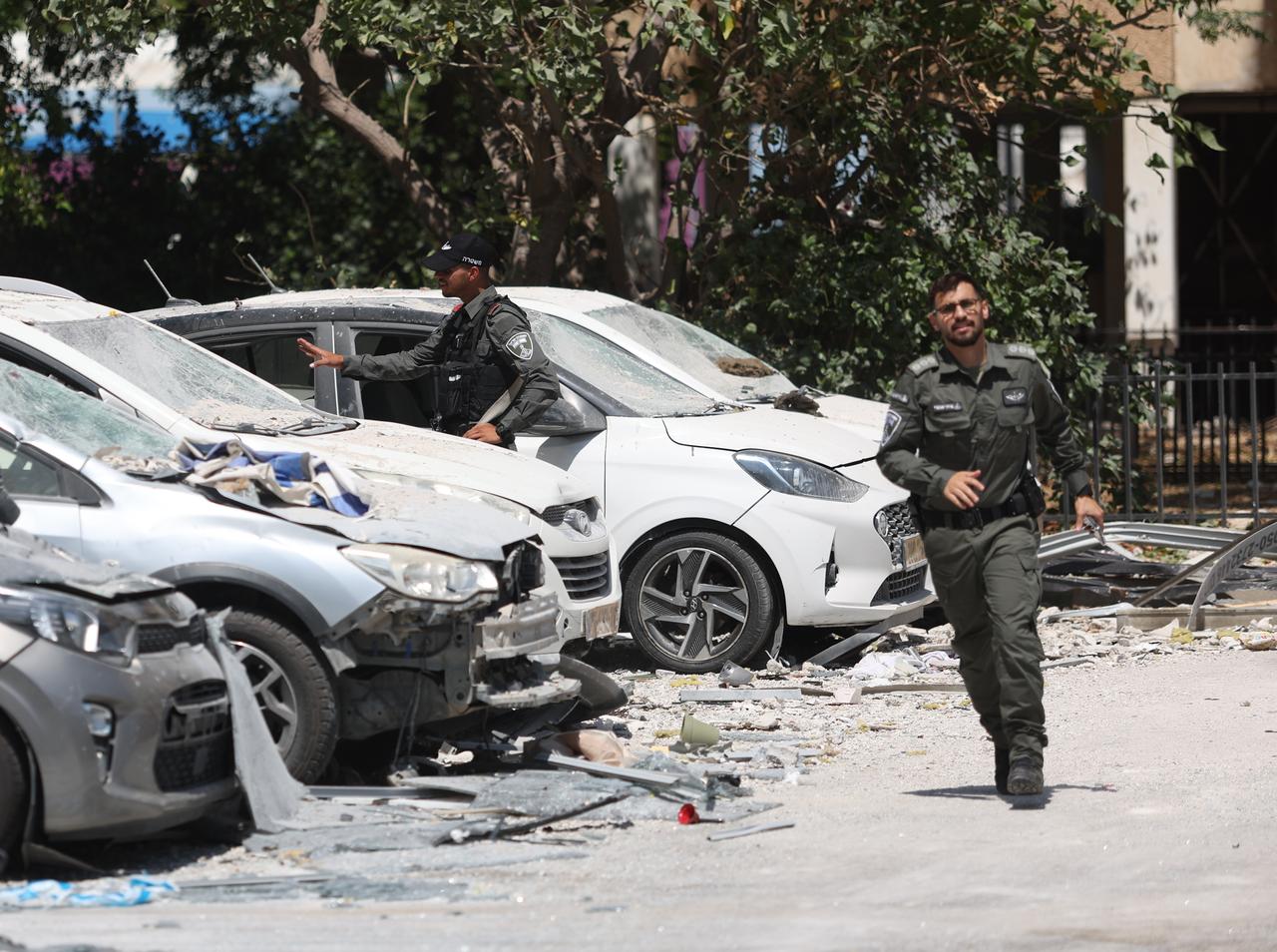
In his morning statement, Katz said the goal of attacks on Iran was "to weaken the Tehran administration." The defense minister revealed that he and Prime Minister Benjamin Netanyahu had instructed the Israeli military to increase attacks on Iran "to weaken the Tehran administration."
Iran's Permanent Representative to the U.N. Geneva Office, Ambassador Ali Bahreini, said Iran would continue responding decisively to Israeli attacks until they are stopped.
Speaking to the Anadolu Agency correspondent about the Israel-Iran conflict, Bahreini emphasized Iran's determination to protect its people.
"We are responding decisively to this attack, and we will continue this until the attack is stopped. We will continue to respond to Israel's attacks as much as necessary for our security, stability and the safety of our people," Bahreini said.
Bahreini stated that Iran has no predictions about the future of current developments but emphasized their duty to protect the Iranian people. "Our military forces are very determined in responding to attacks and aggression, and they will continue to respond until our people are safe and the aggression is stopped. Therefore, Iran's operations will continue as long as necessary," he said.
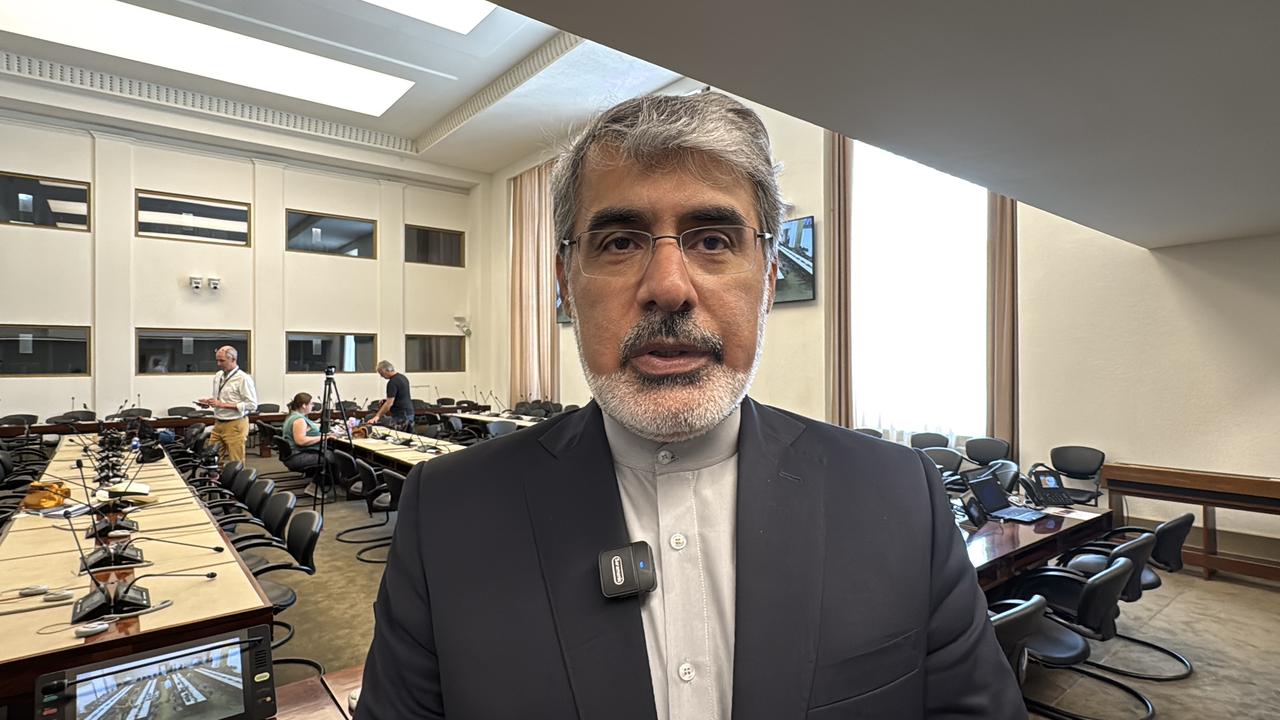
Iranian Parliament National Security and Foreign Policy Committee member Behnam Saeedi said Iran has various response options against Israeli attacks, including closing the Strait of Hormuz.
Speaking about Iran's potential responses to attacks by Israel and countries cooperating with Israel, Saeedi emphasized that these options would be evaluated according to developing conditions.
"Closing the Strait of Hormuz is among our options. If enemies pose a threat to our homeland and our people, they will definitely receive a strong and deterrent response," Saeedi said. He added that Iranian officials and armed forces would decide when, how and where to respond to Iran's enemies.
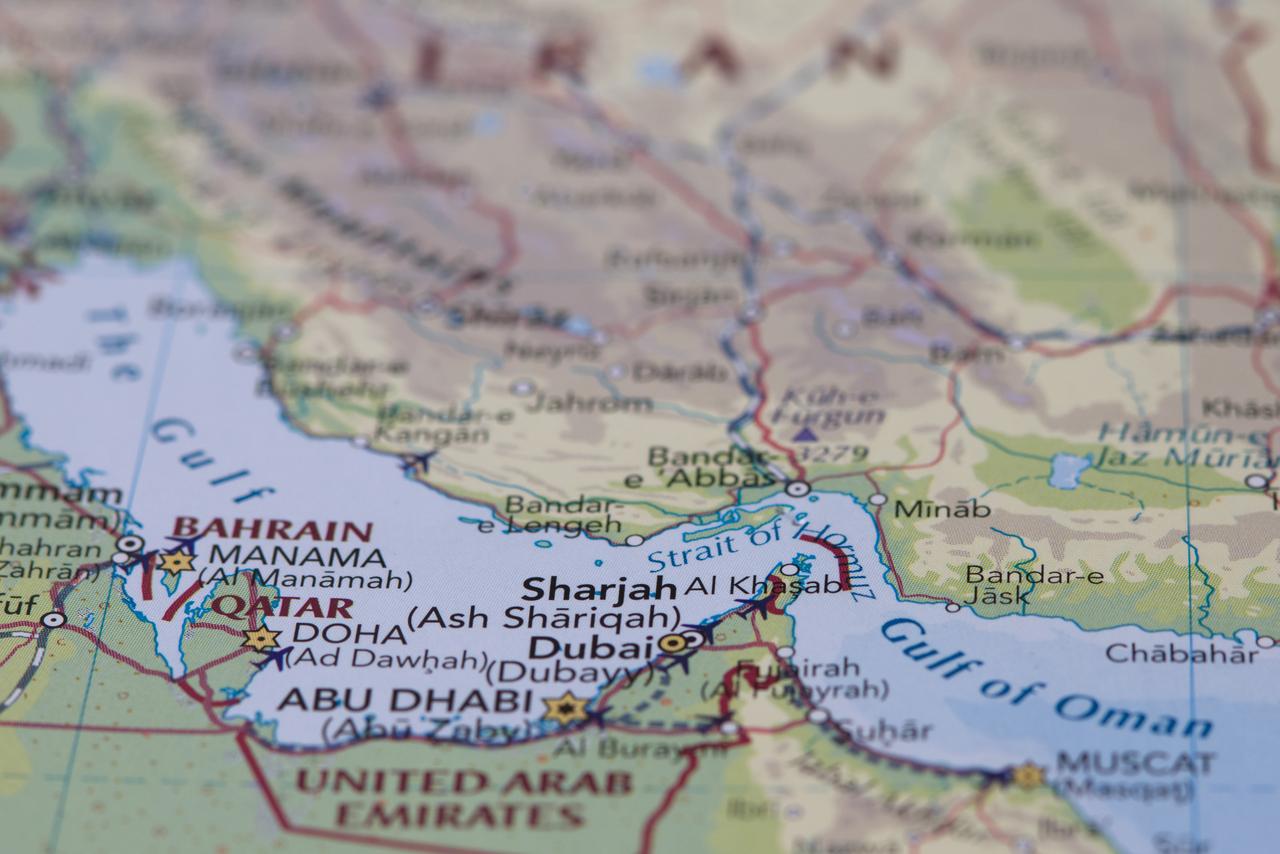
Regarding the United States' position in the process, Bahreini emphasized that Iran is monitoring American actions and positions. "Our military forces and relevant authorities are monitoring the situation. They have their own assessments about the positions and actions of the other side and will react according to whatever conclusion they reach," he said.
"It is within the authority of our military forces to decide how they will react, but one thing is certain: they will be very determined and very strong in their reactions. The reactions will be effective and appropriate," Bahreini added.
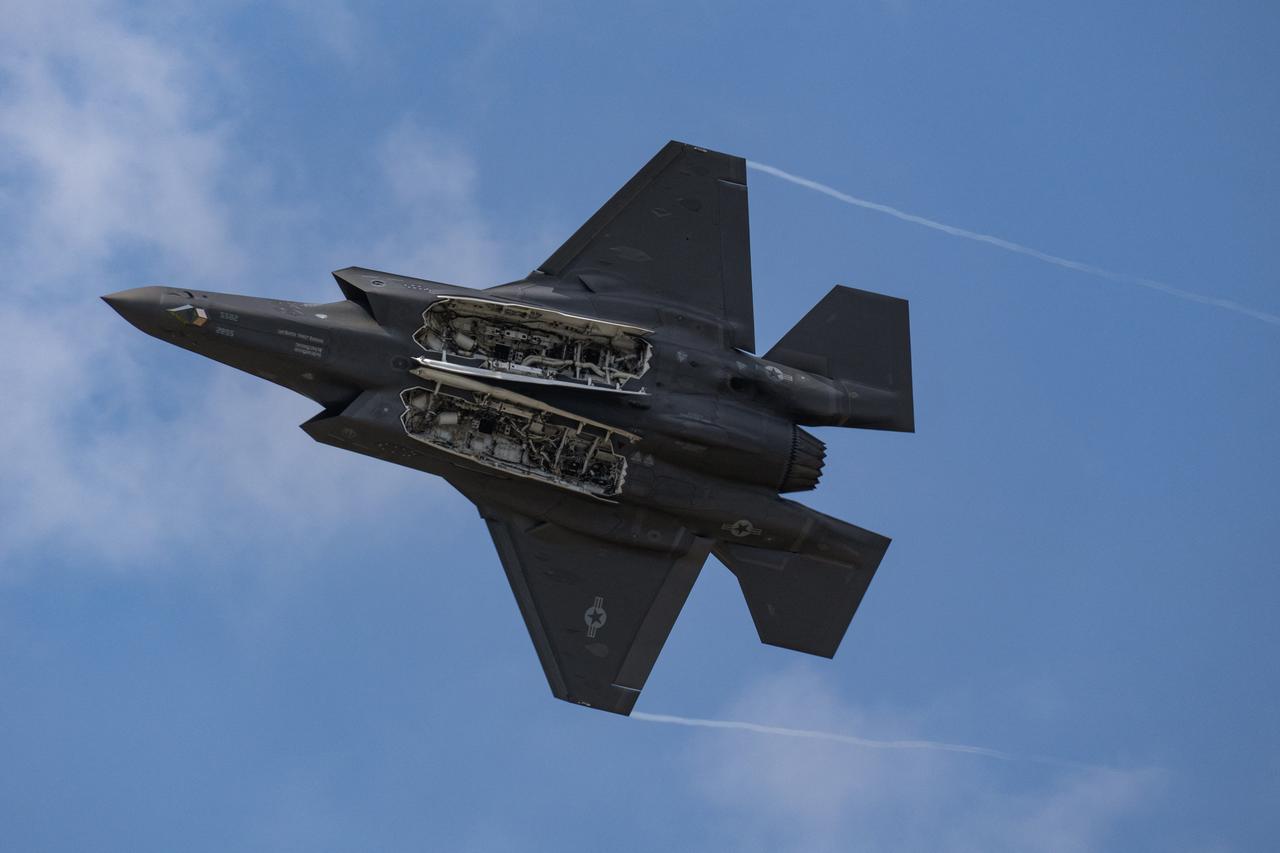
Hostilities began on Friday when Israel launched airstrikes on several sites across Iran, including military and nuclear facilities, prompting Tehran to launch retaliatory strikes. Israeli authorities said at least 24 people have been killed and hundreds injured in Iranian missile attacks since the conflict began.
Meanwhile, in Iran, 585 people have been killed and more than 1,300 wounded in the Israeli assault, according to Iranian media reports.
The current escalation began with Israeli airstrikes on June 13 targeting Iranian nuclear facilities and military commanders across different cities.
Iran reported that the chief of general staff, Revolutionary Guards general commander, several senior commanders, and nine nuclear scientists were killed in the attacks, with total civilian casualties reaching 224.
Türkiye and numerous other countries have condemned Israel's actions in the escalating conflict.